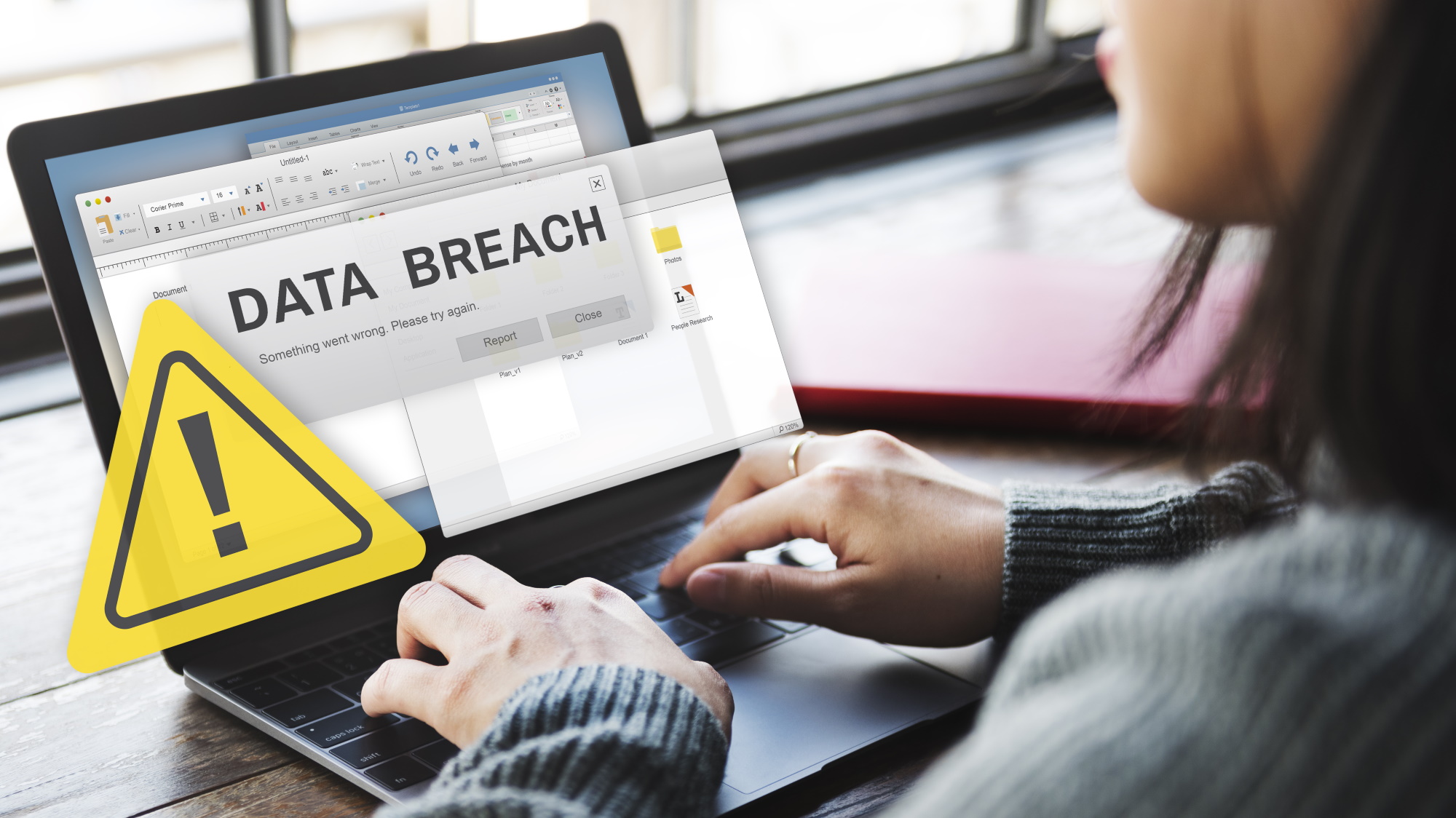1.4 million customers exposed in Allianz life insurance data breach — what to do now
The personal information of almost all the company's customers has been exposed online

Here at Tom’s Guide our expert editors are committed to bringing you the best news, reviews and guides to help you stay informed and ahead of the curve!
You are now subscribed
Your newsletter sign-up was successful
Want to add more newsletters?

Daily (Mon-Sun)
Tom's Guide Daily
Sign up to get the latest updates on all of your favorite content! From cutting-edge tech news and the hottest streaming buzz to unbeatable deals on the best products and in-depth reviews, we’ve got you covered.

Weekly on Thursday
Tom's AI Guide
Be AI savvy with your weekly newsletter summing up all the biggest AI news you need to know. Plus, analysis from our AI editor and tips on how to use the latest AI tools!

Weekly on Friday
Tom's iGuide
Unlock the vast world of Apple news straight to your inbox. With coverage on everything from exciting product launches to essential software updates, this is your go-to source for the latest updates on all the best Apple content.

Weekly on Monday
Tom's Streaming Guide
Our weekly newsletter is expertly crafted to immerse you in the world of streaming. Stay updated on the latest releases and our top recommendations across your favorite streaming platforms.
Join the club
Get full access to premium articles, exclusive features and a growing list of member rewards.
At least 1.4 million Americans have had their personal information exposed in a data breach that struck the Allianz Life Insurance Company of North America on July 16th. The hackers accessed customer data through a third-party, cloud-based customer relationship management (CRM) platform using social engineering techniques to break in, which is exactly how a string of similar data breaches affected other healthcare and insurance companies occurred.
Allianz discovered the breach on July 17, and according to reporting from Fox News, “took immediate action to contain and mitigate the issue,” including notifying federal law enforcement and the FBI. The breach does appear to have been limited to the U.S. branch of the company, and there does not appear to be any evidence that the Allianz Life network or any other company systems were accessed.
While Allianz has released very limited information about the details of the breach so far, it is known that the breach does involve the exposure of data belonging to customers, financial professionals and some employees. It is not known what types of personal data were stolen in the incident, however, life insurance companies are often involved with highly sensitive personal info so this stolen data set could very well likely include Social Security numbers, birthdates and financial details among other things.
Allianz also hasn’t shared who might be behind the attack, and the threat actors responsible have not requested a ransom. Various cybersecurity experts have suggested that Scattered Spider may be responsible though.
Scattered Spider is a financially motivated hacking group known for using similar social engineering tactics that has been targeting insurance companies in recent months. Such companies are often targets because of the types of personal information that they collect and hold, including personal details, financial information and medical histories.
The security issue has been patched at this time, and Allianz is continuing its investigation. It has begun to reach out to affected individuals in order to offer support; according to the letter filed with the Maine Attorney General’s office they will be offering free identity theft protection to impacted individuals for 24 months.
How to stay safe after a data breach
After a data breach ,the best way to protect yourself is by using one of the best identity theft protection services. However, in order to get access to the identity theft insurance and extra support these services provide, you need to sign up before falling victim to a data breach. The best antivirus software can also help protect you and your devices from malware and online threats.
Get instant access to breaking news, the hottest reviews, great deals and helpful tips.
It's awlays important to stay vigilant against phishing and social engineering attacks after a data breach, but you also want to carefully monitor your personal and financial accounts for suspicious activity. The best way to stay safe against phishing is to avoid clicking on any links, QR codes or attachments in an email or message from an unknown sender.
In order to protect yourself against most common social engineering attacks, it’s always best to be wary anytime you're approached through social media or by contacts offering opportunities that seem to good to be true. Be extra careful online, practice proper cyber hygiene and educate yourself about the latest online scams and cyberattacks, especially with back to school right around the corner.
We'll update this story when we hear more from Allianz regarding the types of data that were stolen and how many of its customers and employees are impacted. If you're information was exposed as a result of this breach though, you'll likely receive a data beach notification letter in the mail, so make sure you're actively checking your mailbox.
Follow Tom's Guide on Google News to get our up-to-date news, how-tos, and reviews in your feeds. Make sure to click the Follow button.
More from Tom's Guide
- Google Calendar bug uses Gemini to take over smart home devices and steal user data
- Almost 900,000 students and alumni hit in major college data breach — financial-aid info, Social Security numbers and more exposed
- Hackers love these 7 smart home devices — here’s how to keep them secure

Amber Bouman is the senior security editor at Tom's Guide where she writes about antivirus software, home security, identity theft and more. She has long had an interest in personal security, both online and off, and also has an appreciation for martial arts and edged weapons. With over two decades of experience working in tech journalism, Amber has written for a number of publications including PC World, Maximum PC, Tech Hive, and Engadget covering everything from smartphones to smart breast pumps.
You must confirm your public display name before commenting
Please logout and then login again, you will then be prompted to enter your display name.
 Club Benefits
Club Benefits










